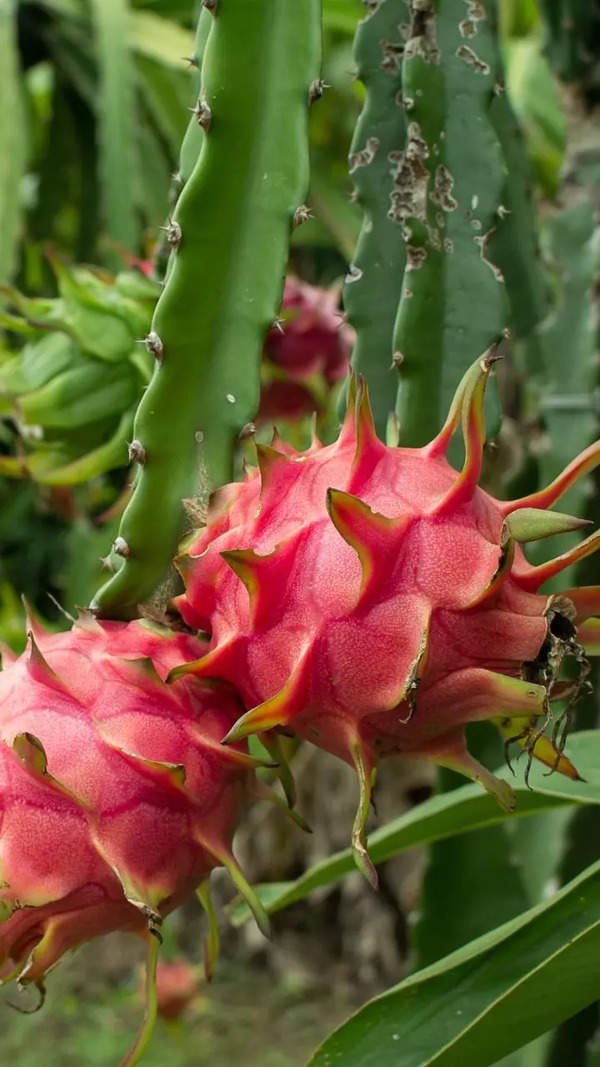Trending
When is Eid-ul-Fitr in India? Saudi Arabia moon sighting confirms Eid date
Eid-ul-Fitr, marking the end of Ramadan, will be celebrated on March 30, 2025, in Saudi Arabia, while India will observe it on March 31, 2025. This festival involves communal prayers, festive meals with family, and charitable giving, reflecting gratitude and community spirit.
Eid-ul-Fitr, marking the end of the holy month of Ramadan, is a significant festival for Muslims worldwide. The celebration's exact date varies annually, depending on the sighting of the crescent moon, which heralds the beginning of the Islamic month of Shawwal.
In Saudi Arabia, the crescent moon was sighted on Saturday, March 29, 2025, leading to the announcement that Eid-ul-Fitr will be celebrated on Sunday, March 30, 2025. In India, the moon sighting typically occurs a day later than in Saudi Arabia. Consequently, Eid-ul-Fitr in India is expected to be observed on Monday, March 31, 2025.
The moon sighting process is integral to determining the festival's date. Islamic months follow the lunar calendar, and the appearance of the new moon signals the end of Ramadan and the onset of Shawwal. This practice leads to variations in Eid dates across different countries. For instance, while Saudi Arabia will celebrate Eid on March 30, nations like India, Pakistan, and Bangladesh are likely to observe it on March 31, 2025.
Due to the lunar-based Islamic calendar and the timing of moon sightings, Saudi Arabia will celebrate Eid-ul-Fitr on March 30, 2025, while India is expected to observe the festival on March 31, 2025. Eid-ul-Fitr, often referred to as the "Festival of Breaking the Fast," is a time for communal prayers, feasting, and charitable giving. Muslims express gratitude for the strength to complete the month-long fast of Ramadan and engage in festive activities that strengthen community bonds. Traditional foods are prepared, new clothes are worn, and gifts are exchanged among family and friends.
End of Article
FOLLOW US ON SOCIAL MEDIA
Visual Stories
Tired of too many ads?go ad free now










